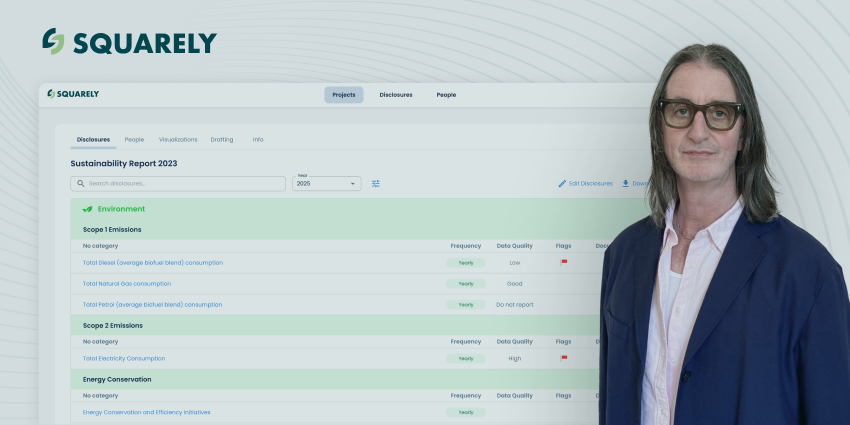THE OPPORTUNITIES OF MAINSTREAMING SOCIAL IMPACT MEASUREMENT IN JAPAN
Article objectives:
- To find out how social impact measurement can address social issues in Japan.
- To explore a local case study of social impact measurement.
- To suggest other countries in Asia can learn from Japan’s approach to social impact measurement.
The practice of social impact measurement was officially introduced in Japan with the formation of the Social Impact Measurement Initiative (SIMI) in 2016. Introduced by the Cabinet Office and well-known foundation such as the Nippon Foundation, this initiative is a strategic and visionary plan to address social issues in Japan.
In fact, a rapid aging population in Japan (with 1 in 3 being 65 years old or older by 2030) is putting the government budget under a lot of pressure. The amount of spending on social welfare soard 89% from 2010 to 2015. Meanwhile, within the same 15 year period, total expenditure of the government didn’t rise more than 10%. (Current state of social impact investment in Japan in 2016). Mobilizing financial, human resources and relevant knowledge of the private sector to address social issues has been a solution that the government in many countries, including Japan, rely on. India, for example, passed a law in 2013 that required companies with a certain amount of revenue to spend 2% of their net profits on Corporate Social Responsibility (CSR) programs. More investment in solving social issues has been observed in India since the legal mandate. However, effectiveness of the spending continues to raise concerns for many related entities including the beneficiaries.
Japan’s aspiration to engage business entities, think tanks, intermediary support organisations, funders, researchers, national and local governments in the practice of social impact measurement not only solves the challenge faced by India but creates a more sustainable solution to address complex social issues.
Capital Medical Venture’s Healthcare New Frontier Fund has become the first healthcare-focused venture fund in Japan to pilot social impact measurement through its venture companies with expert support from the Social Impact Investment Foundation (SIIF).
Healthcare businesses are often built for social causes. However, their impact on the society is not usually easy to quantify and communicate. By making the social value created visible, it is expected that those healthcare venture companies can innovate their business approach to increase their social impact. The measurement practice that is developed based on the logic model and theory of change also acts to facilitate internal learning and improvement. In other words, companies are provided with new data categories which include the outcomes, changes and benefits generated by their business activities on the society. The value of this data is not limited to accelerating social impact but also helps to achieve business growth.
The impact assessment of Capital Medical Venture’ invested companies is under process and will be published by SIIF not only to support increase the invested companies’ corporate values but also to stimulate public learning and thus the culture of impact measurement. This is also in alignment with the roadmap for social impact measurement in Japan by 2020 – which enables an environment where high public awareness and available case practices can make impact measurement become a standardised practice. However, there is much work to be done in order to fulfill this ambition. The majority of companies in Japan are not ready for implementing this practice. Sixty percent out of more than 1,700 companies surveyed by the Nippon Foundation said that measurement was not included in their business strategies or plans. Half of them recognized social impact measurement as a low priority from top management. This practice can only achieve its objective of solving social issues by mainstreaming impact data. The expertise of a business in solving social issues is most effective when they can access social impact benchmarking data from other businesses. This data is only available when this initiative is applied by various stakeholders.
Social impact measurement is not a new topic in Asia. It is a universal law that what can’t be measured can’t be improved. The SDG dashboard published by the United Nations showed social challenges in healthcare, sanitation, education water, inequalities are in alert in many Asian countries. However, the endeavors from different entities to promote this practice have just gained momentum recently. The Stock Exchange of Thailand this year is laying the first stone for this practice in the country through the ImpactEcho program to assess impact of social enterprises, CSR programs…In Malaysia, Impact Exchange, promoted by the Prime Minister, published a social impact measurement toolkit last year to assist Social Purpose Organisations to increase its effectiveness.
Japan has shown the most ambitious efforts in mainstreaming social impact measurement to solve social issues. The engagement of private and public entities, the establishment of a regulatory body and the development of the roadmap shows the determination of Japan to implement this practice. It offers a good case practice that other countries can definitely learn from.


